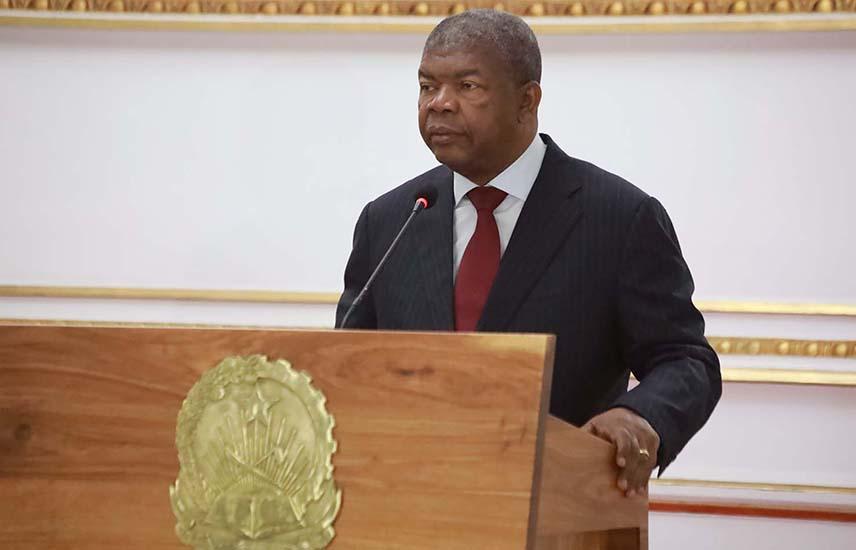Africa-Press – Angola. The President of the Republic, João Lourenço, said this Friday in Brasília that Angola is interested in becoming a “major producer” of grains and livestock and believes that Brazilian businesspeople are up to the task of contributing to the achievement of this goal.
In response to questions posed by Brazilian businesspeople during a meeting with this sector, as part of the agenda for his state visit to Brazil, he explained that the country wants to produce corn, beans, rice, wheat and soybeans on a large scale.
He stressed that he is also interested in restocking the population with cattle (of good breeds), goats, pigs and poultry to meet the demands for animal protein in the population’s diet.
According to the President, who was flanked by his counterpart, Lula da Silva, the idea is to export the surplus production to neighboring countries such as the Democratic Republic of Congo, which has already benefited from Angola’s agricultural production.
“Therefore, the more Angola produces, the greater the quantity of products it will be able to sell to neighboring countries. This is just to say that there will never be a lack of markets,” he said.
However, he admitted that in order to achieve sustainable agriculture, it needs to stop importing agricultural equipment, such as tractors and farm implements.
He stated that Angola needs a tractor factory, challenging Brazilian businesspeople with a focus on this sector to invest specifically in this area.
He also spoke of the need to build fertilizer factories, despite the fact that an ammonia factory is currently being built in the province of Zaire.The Head of State stated that the country also needs to be self-sufficient in the production of animal vaccines, although an animal vaccine factory is also being built in the province of Huambo.
President João Lourenço has been on a three-day visit to Brazil since Thursday, at the invitation of his counterpart Lula da Silva, to strengthen bilateral cooperation.
For More News And Analysis About Angola Follow Africa-Press






